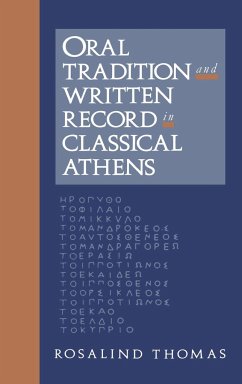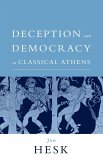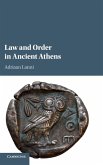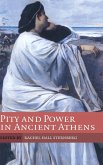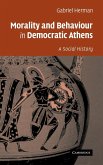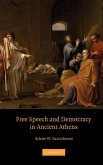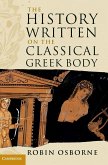Despite its written literature, ancient Greece was in many ways an oral society. This is the first serious attempt to study the implications of this view. Dr Thomas stresses the coexistence of literacy and oral tradition in Greece and examines their character and interaction. Concentrating on the plentiful evidence from Classical Athens, she shows how the use of writing developed only gradually and under the influence of the previous oral communication. Drawing on anthropological discussion, the author isolates different types of Athenian oral tradition, building up a picture of Athens' traditions about its past and examining why they changed and disappeared. This study provides crucial insights into the methods and achievements of the Greek historians. It also has major implications for the interpretation of ancient literacy.
Table of contents:
Introduction; 1. Literacy, written record and oral communication; 2. Family tradition; 3. Genealogy and family tradition: the intrusion of writing; 4. Official tradition? Polis tradition and the epitaphios; 5. The liberation of Athens and the 'Alcmaeonid tradition'; Epilogue; Appendix: early Greek lists; Chronological table; Bibliography; Index.
Concentrating on the plentiful evidence from Classical Athens, Dr Thomas shows how the use of writing developed only gradually and under the influence of the previous oral method of communication - an insight of considerable significance for the interpretation of ancient literacy.
Despite its written literature, ancient Greece was in many ways an oral society. This is the first major attempt to study the implications of this view.
Table of contents:
Introduction; 1. Literacy, written record and oral communication; 2. Family tradition; 3. Genealogy and family tradition: the intrusion of writing; 4. Official tradition? Polis tradition and the epitaphios; 5. The liberation of Athens and the 'Alcmaeonid tradition'; Epilogue; Appendix: early Greek lists; Chronological table; Bibliography; Index.
Concentrating on the plentiful evidence from Classical Athens, Dr Thomas shows how the use of writing developed only gradually and under the influence of the previous oral method of communication - an insight of considerable significance for the interpretation of ancient literacy.
Despite its written literature, ancient Greece was in many ways an oral society. This is the first major attempt to study the implications of this view.

